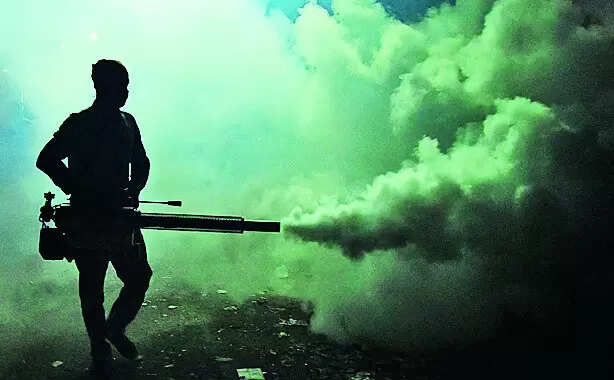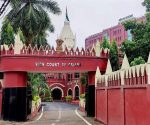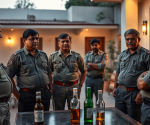Mosquito Breeding Sources: BMC directs industrial clusters to destroy mosquito breeding sources | Bhubaneswar News

Bhubaneswar: The Bhubaneswar Municipal Corporation (BMC) has written to industrial clusters in the city, various offices and agencies maintaining parks to take strict measures to demolish mosquito breeding sources in view of the upcoming dengue season.
“We have written to the Odisha Industrial Infrastructure Development Corporation (Idco) so that it directs the industrial clusters to keep their premises clean.They should especially ensure that no empty container in whatever size is left open during rainy season because they will collect water in them. Clean water remaining stagnant in such places ultimately turn into larvae grounds, BMC deputy commissioner (sanitation) Manoranjan Sahu said.
“Last year, we received several complaints from residents that stagnant clean water in parks left many with dengue infection. The private sanitary agencies will be asked to educate the field sanitary workers not to leave empty food packets or any empty container left by visitors. Once abandoned, they become an active source of larva production,” Sahu added.
Various schools have also been directed to inspect mosquito breeding sources and destroy them.
“Every Friday, we will carry out source destruction exercises in various wards,” BMC officials said.
Industrial premises, parks and vacant spaces are mostly responsible for turning into mosquito dens during monsoon.
Stagnant water sources in big colonies and parks are also mosquito breeding grounds that people often fail to notice. Many people who go to the parks between 4 pm and 5 pm and early morning (before sunrise) are often bitten by mosquitoes.
The capital city has 77 colony (neighbourhood) parks and 64 big parks.
“We have written to the Odisha Industrial Infrastructure Development Corporation (Idco) so that it directs the industrial clusters to keep their premises clean.They should especially ensure that no empty container in whatever size is left open during rainy season because they will collect water in them. Clean water remaining stagnant in such places ultimately turn into larvae grounds, BMC deputy commissioner (sanitation) Manoranjan Sahu said.
“Last year, we received several complaints from residents that stagnant clean water in parks left many with dengue infection. The private sanitary agencies will be asked to educate the field sanitary workers not to leave empty food packets or any empty container left by visitors. Once abandoned, they become an active source of larva production,” Sahu added.
Various schools have also been directed to inspect mosquito breeding sources and destroy them.
“Every Friday, we will carry out source destruction exercises in various wards,” BMC officials said.
Industrial premises, parks and vacant spaces are mostly responsible for turning into mosquito dens during monsoon.
Stagnant water sources in big colonies and parks are also mosquito breeding grounds that people often fail to notice. Many people who go to the parks between 4 pm and 5 pm and early morning (before sunrise) are often bitten by mosquitoes.
The capital city has 77 colony (neighbourhood) parks and 64 big parks.
We also published the following articles recently
Man drowns in water park, cops delay FIR
A 27-year-old man drowned in the wave pool of Shivdhara Waterpark & Resort on Abu Road, leading to allegations of safety lapses. His brother Satish was uninformed about the incident until reaching Palanpur civil hospital.
A 27-year-old man drowned in the wave pool of Shivdhara Waterpark & Resort on Abu Road, leading to allegations of safety lapses. His brother Satish was uninformed about the incident until reaching Palanpur civil hospital.
















